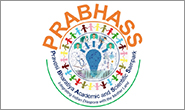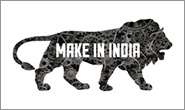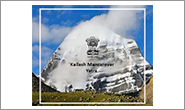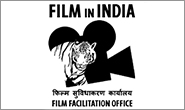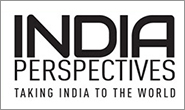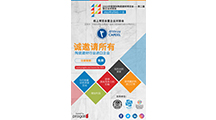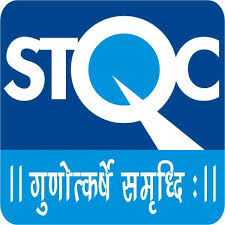Remarks of Mr. Vinod K Jacob, Counsellor [Political] at the 2nd India-China Literature Forum in Beijing on 28 August 2015 08/28/2015
Remarks of Mr. Vinod K Jacob, Counsellor [Political] at the 2nd India-China Literature Forum in Beijing on 28 August 2015
Professor Avadhesh Kumar Singh, Head of the Indian delegation to the second India-China Literature forum; Mr. Bai Gengsheng, Member of the Secretariat of the China Writer’s Association; distinguished members of the Chinese delegation; Ladies and Gentlemen,
I am happy to participate in today’s Forum. I thank the China Writer’s Association for this opportunity to address this audience.
At the outset, let me; on behalf of Ambassador Ashok K Kantha and the Indian Embassy in Beijing convey my best wishes to both the Chinese and Indian sides attending this interaction.
I am of the view that the Forum is a very useful opportunity for the creative minds in both our countries to come together and exchange views.
Chinese friends would have noticed that the Indian delegation comprises eminent writers with acknowledged expertise in numerous Indian languages including Hindi, Bhojpuri, Telugu, Urdu, Marathi and English.
It is my fervent hope that the Forum will evolve into a constant and regular feature of bilateral exchanges in the years to come.
Ladies and Gentlemen,
The civilizational contacts between India and China have been enriched by literary interaction since ancient times.
It is generally believed that the transmission and influence of Indian Buddhist literature on China is almost synchronous with that of Indian Buddhism on China. Wu Cheng’en’s Journey to the West is a much quoted and highly acclaimed product of this tradition.
Historians tell us that the two civilizations have learnt from each other in almost all literary forms, be it novels, poetry, drama or theory.
No wonder therefore that when Rabindranath Tagore won the Nobel Prize in Literature in 1913, he immediately attracted the attention of Chinese scholars and his works were repeatedly translated and popularized in China. During five to six years before and after his visit to China in 1924, some of his popular poems were translated into Chinese, and some of his dramas, novels, monographs, and works were also translated into Chinese, even in the 1930s and 1940s.
Similarly, Lu Xun is loved and respected and has had a long-term and wide influence on India with his works having been translated into works into Hindi, Urdu, Bengali and Tamil. Mention must also be made of Prof Ji Xianlin who, in 2008, became the first Chinese to receive the Padma Bhushan. Earlier this year, the Padma Shri was conferred on Prof Huang Baosheng, a renowned expert of Sanskrit and Pali.
Ladies and Gentlemen,
After the establishment of diplomatic relations in 1950, our two countries have exchanged delegations of writers and continued the active interaction in literature.
During the visit of the Indian Prime Minister to China in December 1988, the two Governments signed the Executive Programme for the years 1988, 1989 and 1990 under the Agreement for Cultural Cooperation which has in subsequent years been regularly renewed and continues to this day.
Both sides have also engaged in specific joint efforts to chronicle the mutli-faceted linkages in the sphere of literature.
I would like to draw your attention in this regard to the Encyclopedia of India-China Cultural Contacts that was published in 2014. The Encyclopedia which was released in both English and Chinese versions simultaneously by the Hon’ble Vice Presidents of India and China on 30 June 2014 in Beijing features over 700 entries, encapsulating the rich history of contacts and exchanges between the two countries in the trade, economic, literary, cultural and philosophical spheres.
Before I conclude, let me say a few words on India-China relations.
Relations with China are a priority in India’s foreign policy. The high frequency of two-way leadership exchanges and visits speaks volumes about the maturity of our ties. Prime Minister Mr. Narendra Modi has met with Chinese President Xi Jinping on five occasions and Premier Li Keqiang twice over the last one year. We are broad-basing our relationship by constantly adding new elements of cooperation especially in the people-to-people and cultural fields.
I call upon this distinguished gathering to spread the word about the recent decision of the Government of India for giving e-tourist visits to Chinese friends who want to travel to India for recreation, site-seeing, casual visits to meeting friends or relatives, short duration medical treatment or casual business visits.
I wish this Forum all the best. Thank you.

















